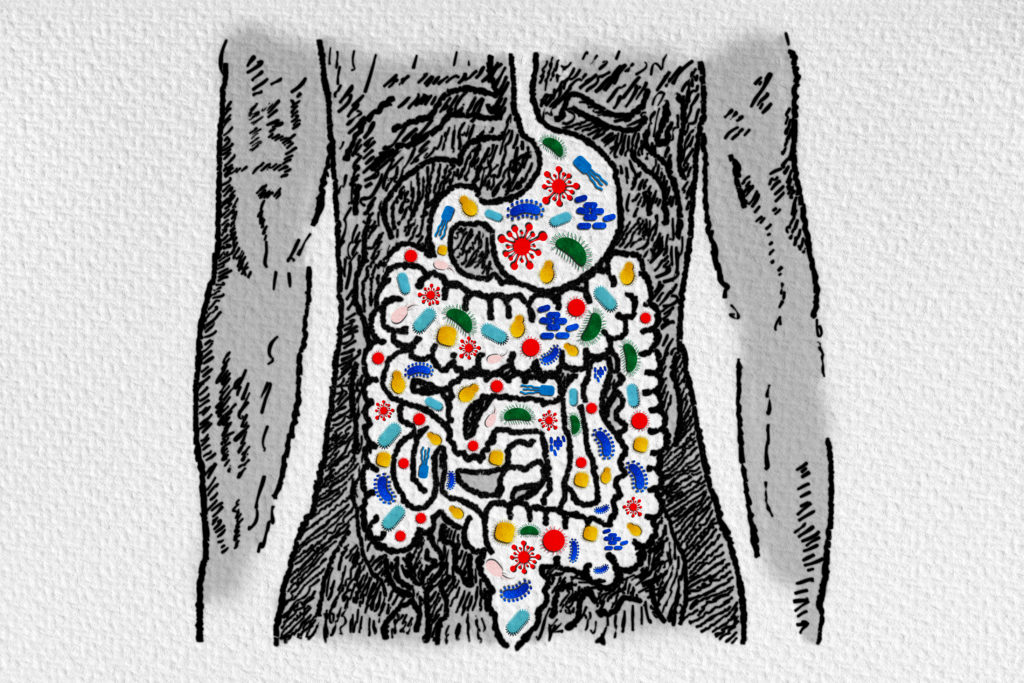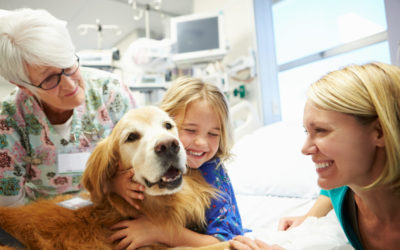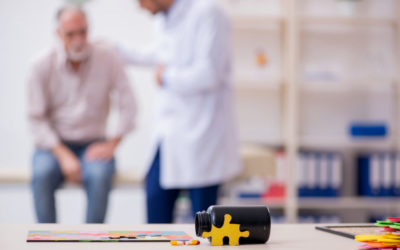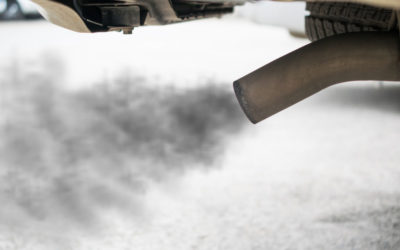Quick Hits
Daily brief research updates from the cognitive sciences

Who wouldn’t want to age better – well the results of an unsual study are in and the results are promising and may make many of you who are aging prick up your ears.
The results showed that by transferring gut microbiota from younger to older mice improved multiple signs of aging in the gut, the eyes, and the brain. So far so good but the method with which this is done may make you cringe. This transfer is done through faecal transplants, yes, that is transplanting poo, or matter from your gut!
Now though this may sound disgusting, this is also a known treatment in cases of gut disorders – with a lot of success. Indeed, I have reported on the multiple impacts of the microbiota, our collection of bacteria, on multiple disorders ranging from loneliness, to depression, to increased cognitive ability. It seems like our microbiota is an essential ingredient to remaining healthy and particularly also in aging well.
This particular experiment was focused on aging and also follows on from positive results from blood plasma transplants between young and old mice. Of note is also that the experimental protocol involved faecal transplants from young to older mice and measuring the impacts through different biological markers, and alternatively transferring faecal matter from old mice to young mice and also measuring the impacts.
As already mentioned, when transferring from young to old, the older mice saw improvements in multiple markers in the gut, eyes, and brain. In the reverse condition when the young mice received faecal matter from old mice their condition deteriorated showing the opposite effects with increased inflammation in the brain and depletion of a protein required for normal vision.
This opens up promising new avenues for aging well – and yes, there are already plenty of startups in this space – I am sure that will only increase.
I for one am watching this space closely.

Andy Habermacher
Andy is author of leading brains Review, Neuroleadership, and multiple other books. He has been intensively involved in writing and research into neuroleadership and is considered one of Europe’s leading experts. He is also a well-known public speaker speaking on the brain and human behaviour.
Andy is also a masters athlete (middle distance running) and competes regularly at international competitions (and holds a few national records in his age category).
Reference
Aimée Parker, Stefano Romano, Rebecca Ansorge, Asmaa Aboelnour, Gwenaelle Le Gall, George M. Savva, Matthew G. Pontifex, Andrea Telatin, David Baker, Emily Jones, David Vauzour, Steven Rudder, L. Ashley Blackshaw, Glen Jeffery, Simon R. Carding.
Fecal microbiota transfer between young and aged mice reverses hallmarks of the aging gut, eye, and brain.
Microbiome, 2022; 10 (1)
DOI: 10.1186/s40168-022-01243-w
More Quick Hits
Petting (Real) Dogs Activates the Social Brain
There have been lots of studies into the positive impacts of having pets around us – but this study just published looked at brain activation patterns while being with a dog, petting a dog, and…
Metabolism Predicts Brain Health
Understanding the link between dementia, brain health, and various metabolic disorders such as obesity is important and gives us important clues in…
Super Agers Have Super Neurons
SuperAgers are those who live long, over 80, but retain their cognitive functions including a healthy functioning memory and seem to avoid neurodegenerative disorders such as Alzheimer’s…
How Nature Lowers Stress in Your Brain
Nature is overwhelmingly good for wellbeing but there are many chicken-or-egg problems with the research. This study…
Correcting Others Improves Group Learning
Some interesting and counter-intuitive insights into effective group learning…
Air Pollution In Childhood Changes Brain Structure
Recent research has shown some worrying impacts of pollution on the brain…






